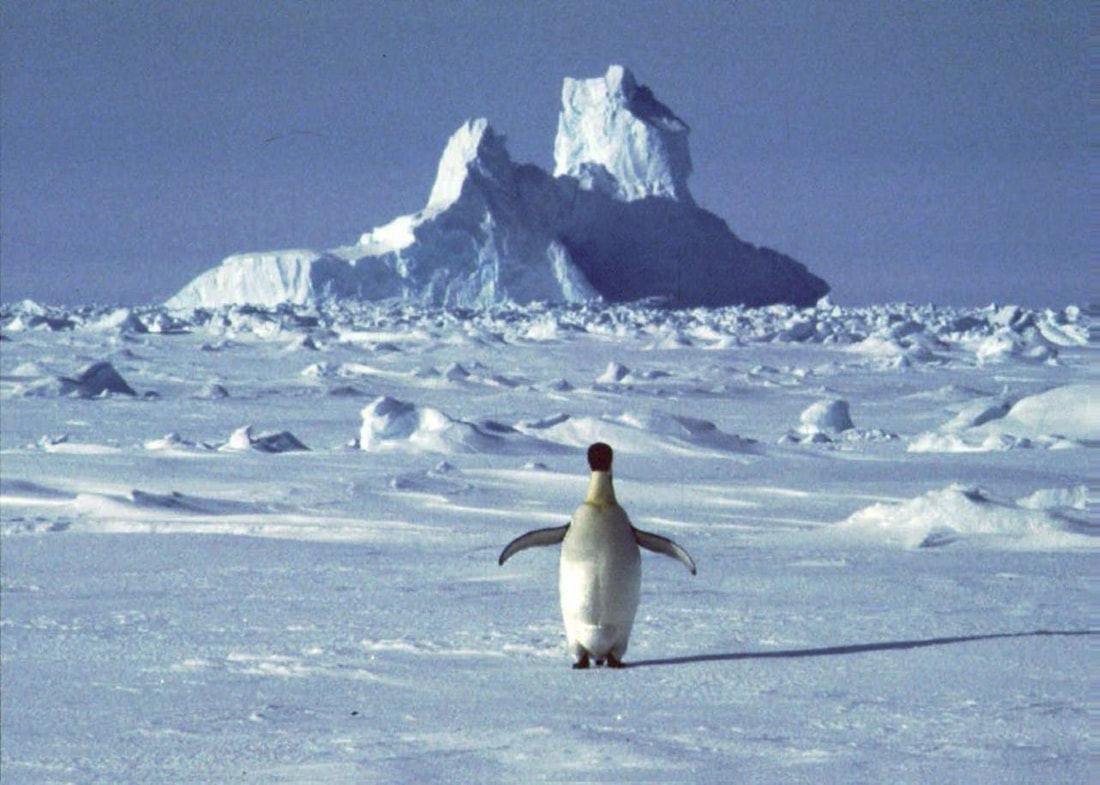Antarctica reaches record temperature of 65 degrees |
The Argentine research base is on the northern tip of the Antarctic Peninsula. Randy Cerveny, who tracks extremes for the World Meteorological Organization, called Thursday’s reading a “likely record,” although the mark will still have to be officially reviewed and certified.
The balmy reading beats out the previous record of 63.5 degrees, which occurred on March 24, 2015.
The Antarctic Peninsula is one of the fastest-warming regions in the world. In just the past 50 years, temperatures have surged a staggering 5 degrees in response to Earth’s swiftly warming climate. Around 87% of glaciers along the peninsula’s West Coast have retreated in that time, the majority doing so at an accelerated pace since 2008.
The WMO notes that cracks in the Pine Island Glacier “have been growing rapidly” in the past several days, according to satellite imagery.
The recent spate of warmth owes to a ridge of high pressure that has lingered over the region for several days. High-pressure systems feature sinking air, which favors milder temperatures.
It’s been a monumental year for climate extremes, and we’re just over a month into 2020. January was the warmest on record globally, according to atmospheric monitoring group Copernicus, with records shattered in Europe and Asia. A number of locales in Eastern Europe and particularly Russia wound up more than 12-13 degrees above average.
“[This record] doesn’t come as any surprise,” wrote Eric Steig, a glaciologist studying climate change at the University of Washington. “Although there is decade-to-decade variability, the underlying trend across most of the continent is warming.”
He said this record will likely be broken again in the not-so-distant future.
“That warming has been particularly fast on the Antarctic Peninsula — where Esperanza is — in summer [the season they’re now in]. So we can expect these sorts of records to be set again and again, even if they aren’t set every single year.”
Additional extreme warmth is likely in the Antarctic Peninsula in the coming days, raising chances of another new high.



 RSS Feed
RSS Feed